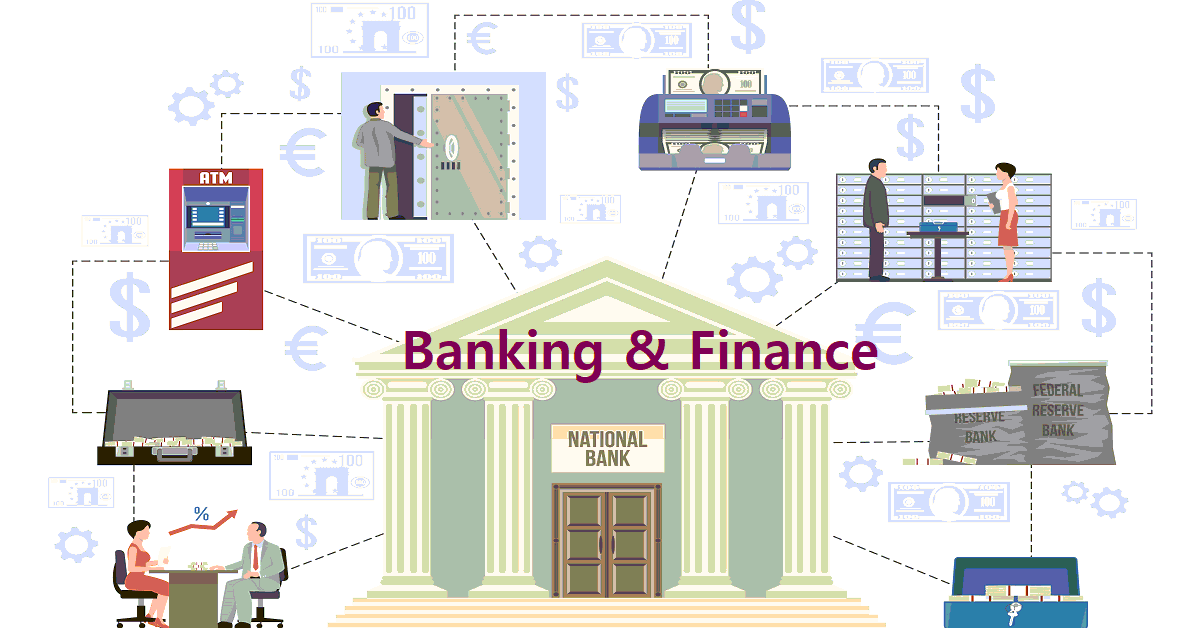
The International Monetary Fund (IMF) and the World Bank are two of the most influential organizations in the global financial system. They play a crucial role in promoting financial stability and regulation, with the aim of fostering economic growth and development. This article provides an in-depth understanding of the role of the IMF and the World Bank in global financial regulation and highlights their importance in maintaining financial stability and promoting economic growth.
A brief history of the IMF and the World Bank:
The IMF was established in 1944 to promote international monetary cooperation, facilitate the balanced growth of international trade, and promote exchange rate stability. The World Bank, on the other hand, was established in 1944 to promote economic development and reduce poverty in the world. Both organizations are headquartered in Washington, D.C., and are governed by a Board of Governors, consisting of one governor from each member country.
Role of the IMF and the World Bank in promoting financial stability and regulation:
The IMF and the World Bank play a crucial role in promoting financial stability and regulation in the global financial system. They work to ensure that financial markets are transparent, stable, and efficient and that financial systems are resilient to crises. In the aftermath of the 2008 financial crisis, the IMF and the World Bank have stepped up their efforts to regulate the global financial sector to prevent another crisis.
Key policies and programs implemented by the IMF and the World Bank to regulate financial markets:
The IMF and the World Bank have implemented several key policies and programs to regulate financial markets, including the following:
- Financial sector assessment program (FSAP): The IMF's financial sector assessment program (FSAP) is a comprehensive assessment of a country's financial sector, including its regulatory and supervisory framework. FSAPs are conducted in collaboration with the World Bank and have been implemented in more than 100 countries.
- Technical assistance and capacity building: The IMF and the World Bank provide technical assistance and capacity building to help countries strengthen their financial regulation and supervision.
- Financial sector reforms: The World Bank supports financial sector reforms in developing countries to improve financial regulation and enhance financial stability.
Impact of the IMF and the World Bank's financial regulation efforts on the global economy:
The IMF and the World Bank's financial regulation efforts have had a significant impact on the global economy. According to the World Bank, financial regulation helps reduce the probability of bank failures and prevent systemic risks. A study by the IMF found that countries with stronger financial regulation had lower levels of economic volatility during the financial crisis.
Challenges faced by the IMF and the World Bank in regulating the financial sector and ways to overcome them:
The IMF and the World Bank face several challenges in regulating the financial sector, including the following:
- Lack of resources: The IMF and the World Bank have limited resources, which can limit their ability to effectively regulate the global financial sector.
- Political interference: Political interference can sometimes limit the ability of the IMF and the World Bank to effectively regulate the financial sector.
- Inadequate implementation: In some cases, countries may not fully implement the policies and programs recommended by the IMF and the World Bank.
To overcome these challenges, the IMF and the World Bank need to continue to work closely with member countries to ensure that their financial regulation policies and programs are effectively implemented. They also need to work to increase their resources and ensure that they have the necessary tools to effectively regulate the global financial sector.
Conclusion:
In conclusion, the IMF and the World Bank play a crucial role in promoting financial stability and regulation in the global financial system. With their history of experience and expertise, these two organizations have implemented various policies and programs aimed at regulating financial markets and reducing the risk of financial crises. Through their efforts, the IMF and the World Bank have had a positive impact on the global economy, helping to prevent systemic risks and reducing economic volatility. Despite facing some challenges in the implementation of their financial regulation policies, these organizations continue to work towards ensuring the stability and sustainability of the global financial system.
It is clear that the IMF and the World Bank play a vital role in promoting financial stability and regulation. By providing in-depth knowledge and understanding of their role and policies, this article aims to educate and inform students, policymakers, regulators, financial professionals, and the general public with an interest in the functioning of the global financial system. As we move forward, it is important that we continue to support and strengthen the efforts of these organizations in promoting financial stability and regulation for a sustainable global financial future.
Banking and Finance



